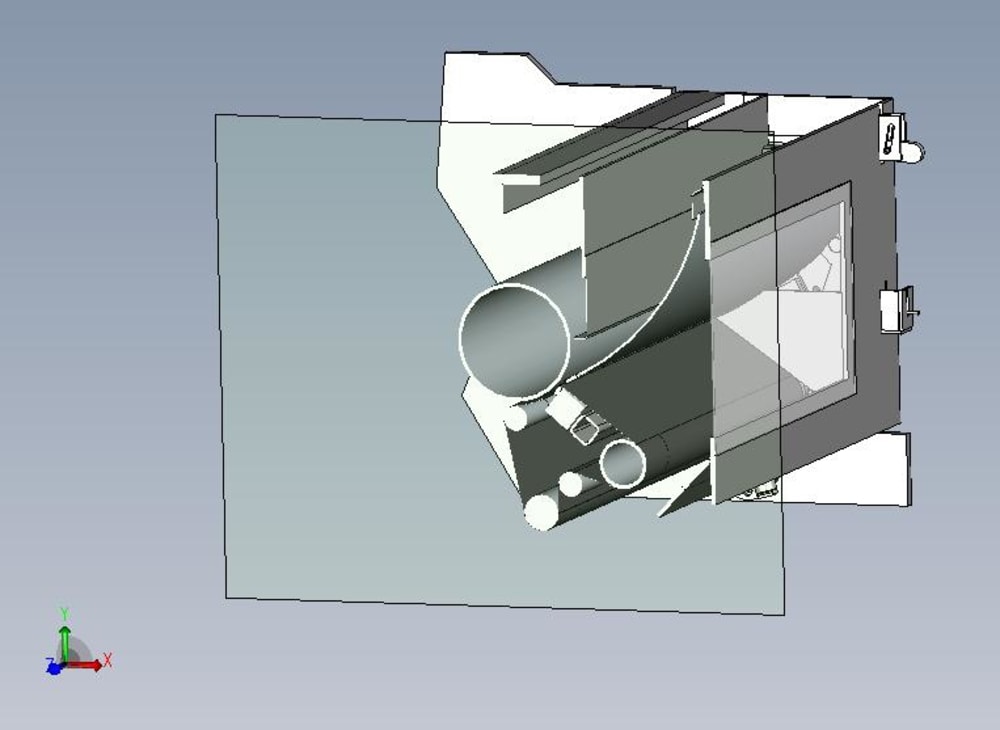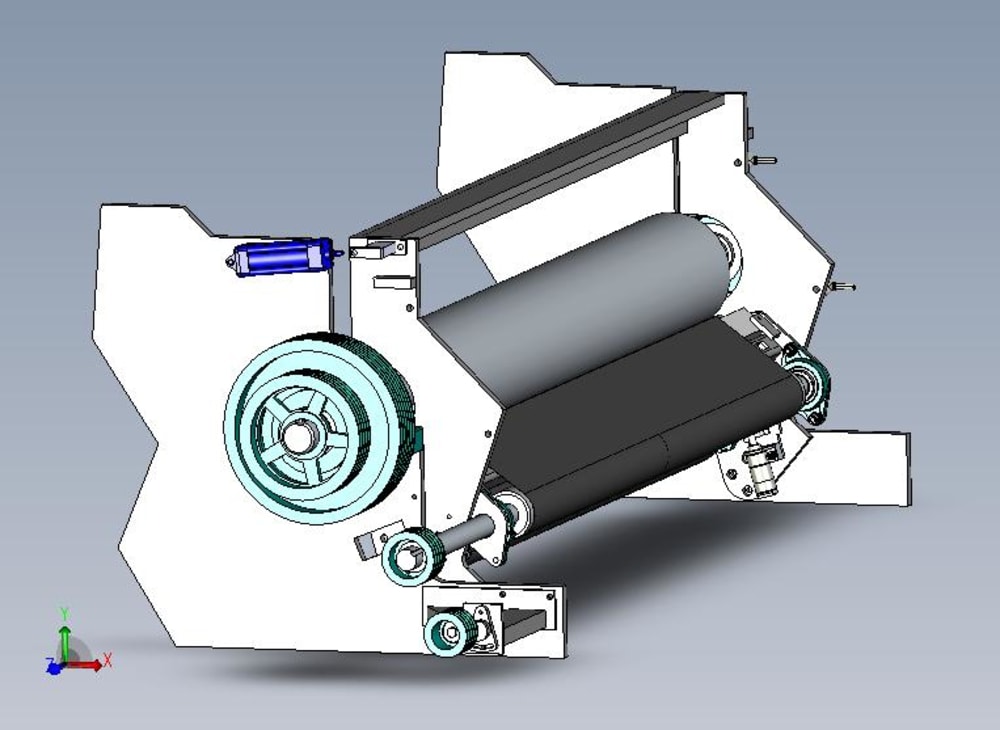
The 700 cotton ginners currently in operation in the United States struggle with international competition and declining profitability. This is in part due to the 2000 installed gin stands that use an old ginning technology that produces inferior fiber quality, short length and excessive waste. The World Cotton Economic Outlook projected world consumption to rise 7% to 25.5 million tons, representing a $31.4 B market, while world cotton production is estimated to decline almost 6% to 24.7 million tons. The imbalance of supply and demand is forecast to widen due to the decline in planted hectares and the decline in worldwide cotton yield per acre. These declines in cultivated area and yield pose reliability issues for the downstream textiles industry and a threatened means of existence to farmers.
LCG, Inc. developed, tested, and patented a revolutionary cotton gin stand that could increase annual revenue to the average U.S. cotton ginner by nearly $2 million with the same input raw material. The technology, a drop-in replacement to the existing stand, achieves this increase in revenue by increasing yield by approximately 7% (from 88% to greater than 95%) while improving critical fiber quality characteristics such as fiber length, uniformity, and strength. The cotton producer will command a $0.04 per pound price premium due to the increased value associated with higher USDA cotton classifications resulting from the higher quality fiber produced by LCG’s revolutionary cotton gin. By replacing only their gin stands (a sedan sized machine inside a 30,000 ft2 mill), cotton ginners increase produced fiber yield and will be able to meet the increased demand using new technology that also boosts critical fiber characteristics. The use of this gin stand allows for increased profits using the same population of seed cotton used today. Cotton ginners using LCG’s cotton gin stands will have a significant technological and economic advantage over their competitors.
LCG’s cotton ginning technology removes fiber from the seed utilizing a different mechanism than any current ginning technology which increases yield while maintaining throughput. One of the key design features of the LCG gin stand is the application of force along the entire length of the fiber as it is being ginned. This leads to longer average and maximum fiber length from the same population of plants compared to saw ginning, the traditional ginning process. Simply, this technology improves the yield by increasing the pounds produced per acre of cotton input into the gin, and it improves the quality by increasing the length of the cotton fiber. Ginners are paid by the pound according to the quality of cotton produced; increased fiber length commands a premium.
The United States, India, and China produce over 60% of the world’s cotton. LCG’s technology has national and international implications.
LCG will engage an existing technical textile machinery manufacturer to build and install its first stand at one of the largest privately owned cotton farms and processors.
The technology will be marketed through the existing distribution channels like the Texas Cotton Gin Show.
-
Awards
-
 2012 Top 100 Entries
2012 Top 100 Entries
Like this entry?
-
About the Entrant
- Name:Wesley Burgess
- Type of entry:individual
- Software used for this entry:SolidWorks
- Patent status:patented








